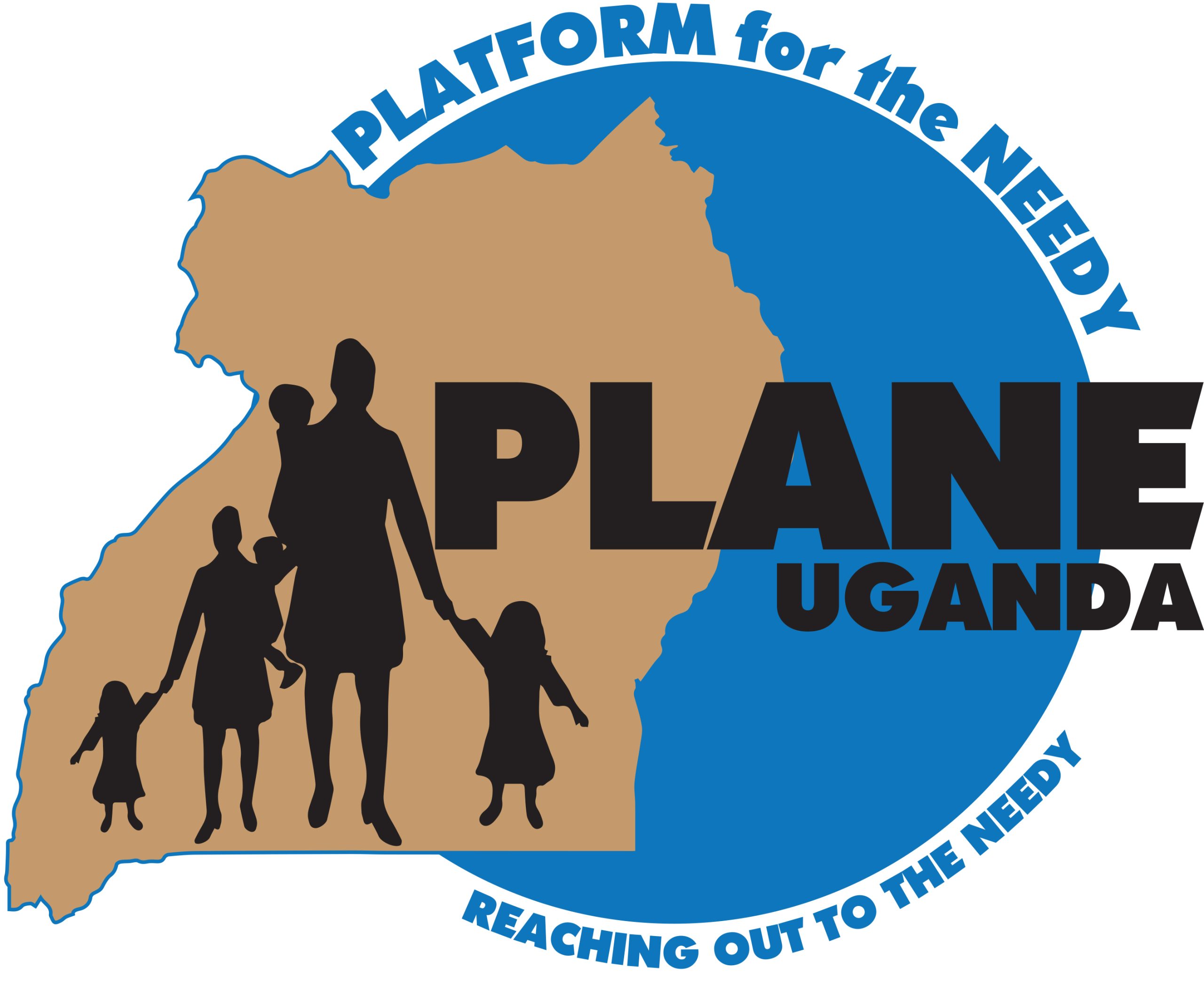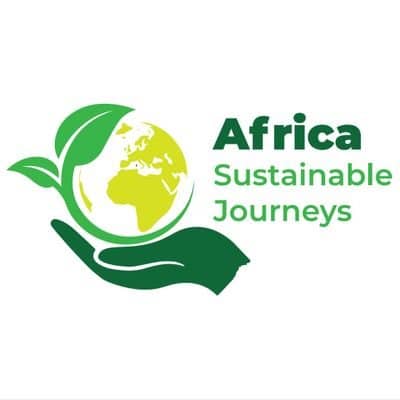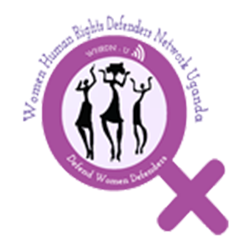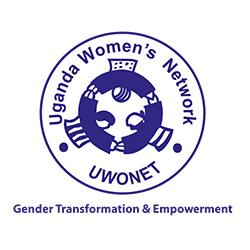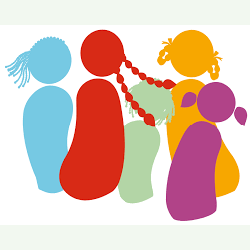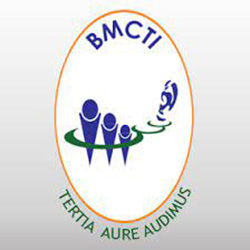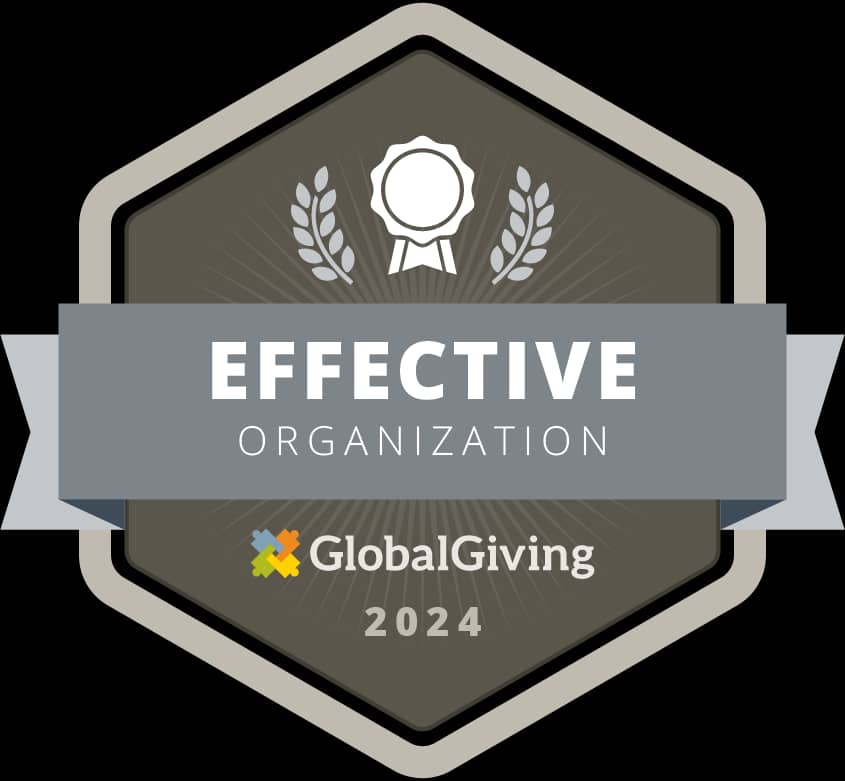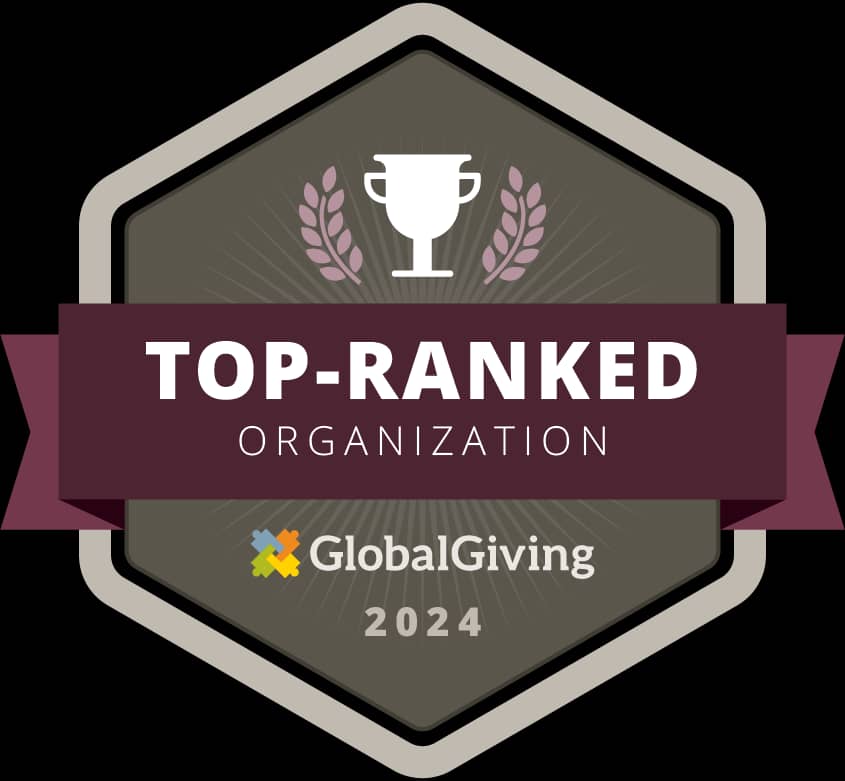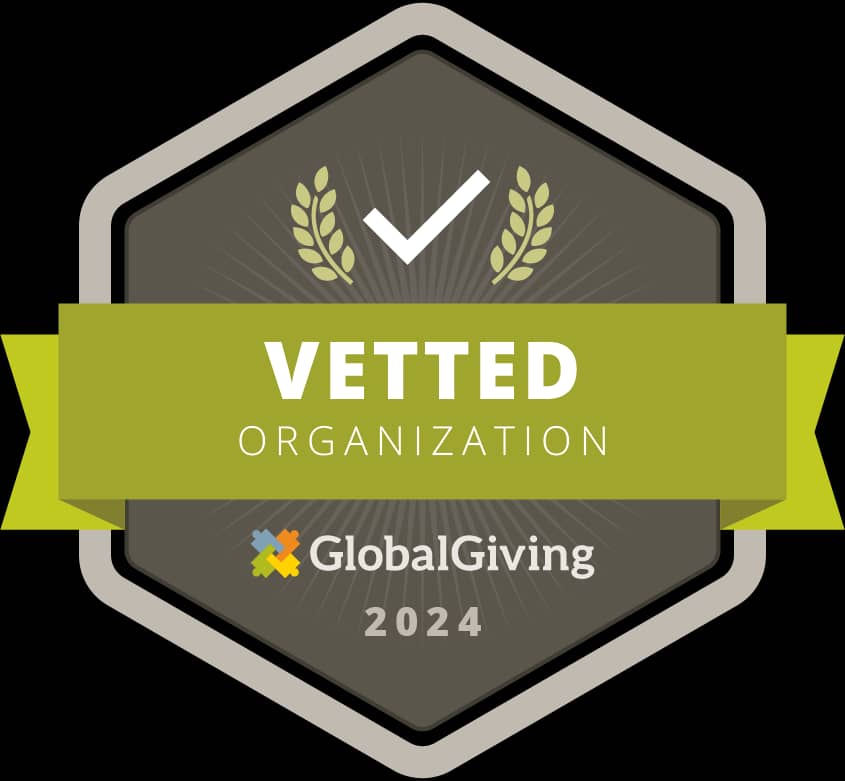=
International Day for the Elimination of Violence Against Women 2023
By Tshepo Tlhacoane, South Africa


The PLATFORM for the NEEDY (PLANE) joins the international community in marking the International Day for the Elimination of Violence Against Women. This day also launches 16 days of activism against gender-based violence (GBV). The theme for this year is ‘Investing to Prevent Violence Against Women and Girls.’
This theme highlights the importance of investing in prevention strategies to stop violence from the beginning. Join this movement with #NoExcuse slogans. This calls for urgent investment to prevent violence against women and girls, globally and in Uganda.
Violence against women and girls remains one of the most prevalent human rights violations in the world. Globally, 736 million women, or 1 in 3, have been subjected to physical and/or sexual intimate partner violence, non-partner sexual violence, or both at least once in their lives.
Gender-based violence (GBV) is a daily threat for Ugandan women and girls. National demographic data from 2020 reveal:
- 56% of married women aged 15-49 reported suffering physical and/or sexual violence by a husband (Uganda Bureau of Statistics, 2021).
- 120 girls were defiled by parents in 2020, a 42.9% increase from 84 in 2019.
- There were 17,664 domestic violence cases in 2020, up 29% from 13,693 in 2019.
- 18,872 victims of domestic violence in 2020: 3,408 male adults, 13,145 female adults, 1,133 male juveniles, and 1,186 female juveniles (Annual Police Crime Report, 2020).
According to the 2016 Uganda Demographic Health Survey (UDHS), 51% of women aged 15-19 have experienced physical violence. More than one in five (22%) women have experienced sexual violence in their lifetimes (UBOS & ICF, 2018).
Levels of violence against women increase in settings such as the workplace and online spaces. This has been exacerbated by post-pandemic efforts, conflicts, and climate change, as the scarcity of resources has led to increased violence against women and girls.
Forms of Gender-Based Violence
GBV remains largely unreported due to impunity, stigma, silence, and shame. It presents itself in physical, sexual, and psychological forms, including:
- Intimate partner violence (battering, psychological abuse, marital rape, femicide)
- Sexual violence and harassment (rape, forced sexual acts, unwanted sexual advances, child sexual abuse, forced marriage, street harassment, stalking, cyber harassment)
- Human trafficking
- Female genital mutilation
- Child marriages
Community Efforts to Combat GBV
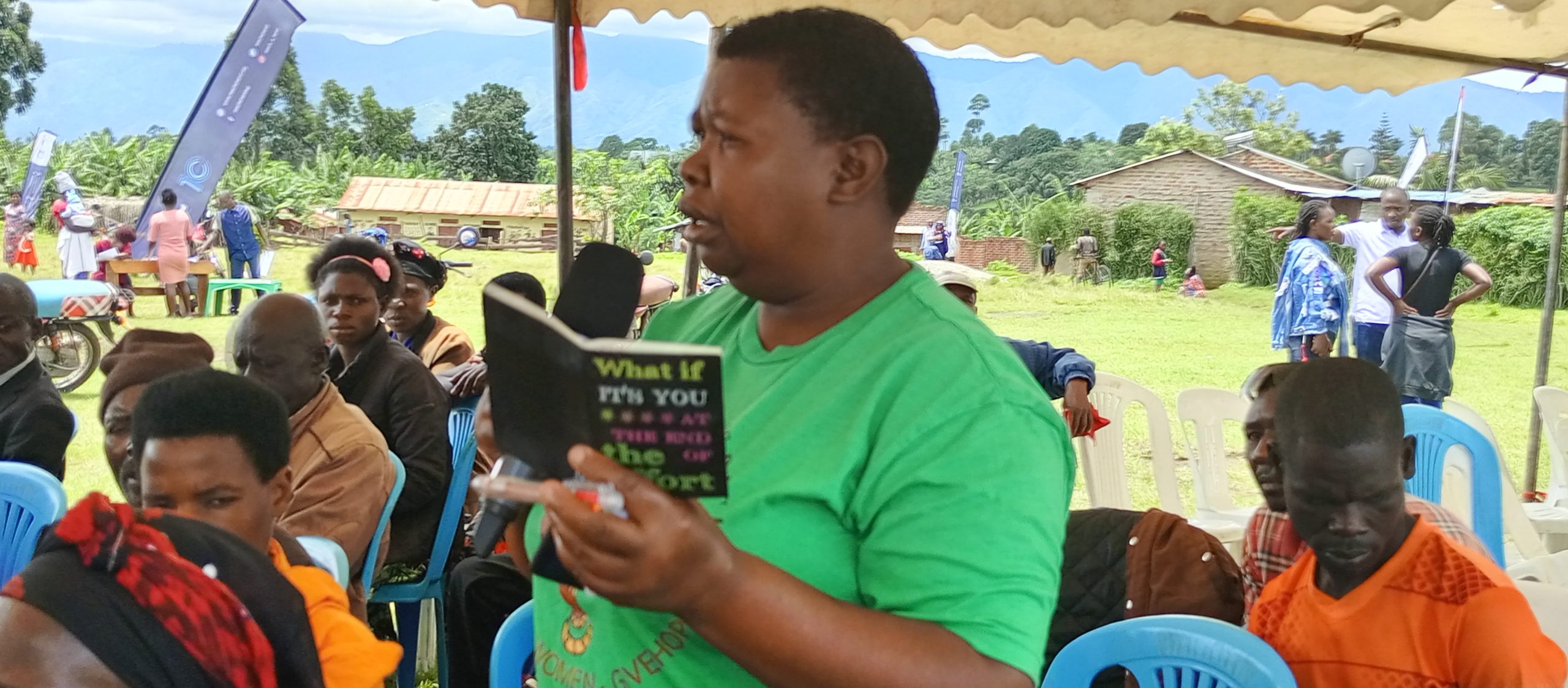

While GBV can happen to any woman or girl at any time, some groups are particularly vulnerable. This includes young girls and older women, those who identify as lesbians and bisexuals, migrants, and refugees.
In Uganda, surveys show that GBV ranks at the top of priorities among women’s rights issues that require government and societal attention. Statistics from 2020 reveal:
- 56% of married women between 15-49 have suffered physical and sexual violence by their husbands.
- More than 1 in 3 (36%) had experienced sexual violence, more often from a partner.
- 28% of women and girls reported victimization by sexual violence in the last year.
Child sexual abuse is also prevalent in Uganda, with 59% of women reporting sexual abuse in childhood. National data shows that 33% of girls below the age of 15 were forced into sex.
Solutions and Government Efforts
The solution to reducing and ending GBV, globally and in Uganda, involves robust responses, including investment in prevention. Unfortunately, statistics reveal that countries around the world are committing low amounts of money to counteract violence against women. Only 5% of government aid is focused on tackling violence against women and girls, and less than 0.2% is directed towards prevention.
To fulfill Sustainable Development Goal 5 on Gender Equality, the Ugandan government has enacted laws and policies targeting GBV, including:
- Prohibition of Female Genital Mutilation Act of 2010
- Domestic Violence Act of 2010
- Prevention of Trafficking in Persons Act of 2009
- Uganda Gender Policy of 2007
- National Policy on the Elimination of Gender-Based Violence in Uganda of 2016

The Ugandan government and its partners have also put in place mechanisms to improve the reporting and handling of GBV crimes. This includes additional Ugandan Police Force units and providing training devoted to child and family protection along with sexual offenses.
Despite these investments, stigma hinders progress in the fight against GBV. Many women in Uganda are not inclined to report GBV cases to the Police Force as they believe that members of the Police Force view domestic violence as a private matter.
National statistics reveal that only a minority of women who experienced GBV reported it to the police. This is concerning due to the high number of GBV cases that make up the Police Force’s caseload. Between 2016 and 2021, the Ugandan Police Force reported 272,737 GBV cases, including 2,278 homicide cases attributed to intimate partners. Domestic violence cases account for 33% of the female homicide caseload.
PLANE’s Commitment to Ending GBV
PLANE calls for increased investment and other interventions to protect the rights of women and girls, both in Uganda and globally. We are committed to continuing our work to protect and educate women and girls in Uganda about their legal and human rights.
PLATFORM for the NEEDY commits to intensifying its awareness and education interventions using radio talk shows, community dialogues, and drama to prevent and reduce the acts of violence against women and girls in Uganda.
Related Articles
